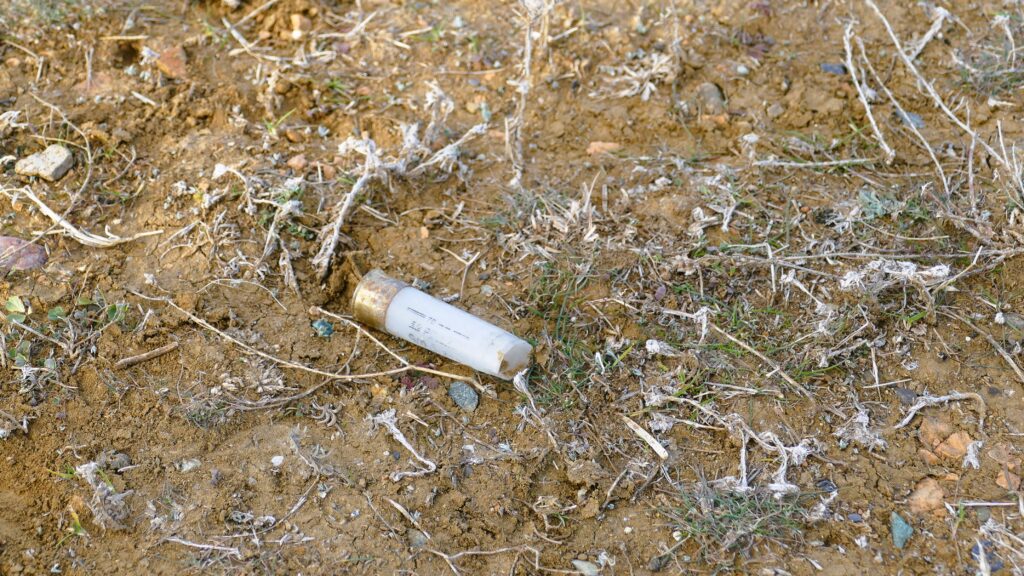Georgia is a country of great diversity and its breathtaking nature is one of its most valuable assets. The most iconic national parks are tourist magnets and many tourists specifically visit Georgia for its nature. Lagodekhi Protected Areas often come up among the must-sees of Georgia are hence one of the most visited protected areas of the country. What tourists don’t see, however, is the fight of Lagodekhi´s rangers to protect its rich biodiversity from poachers.
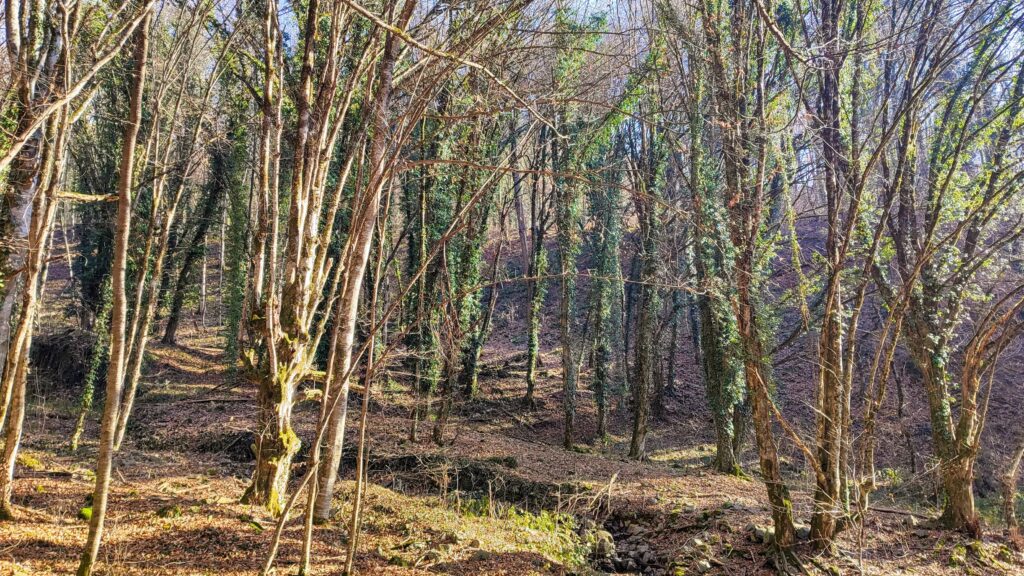
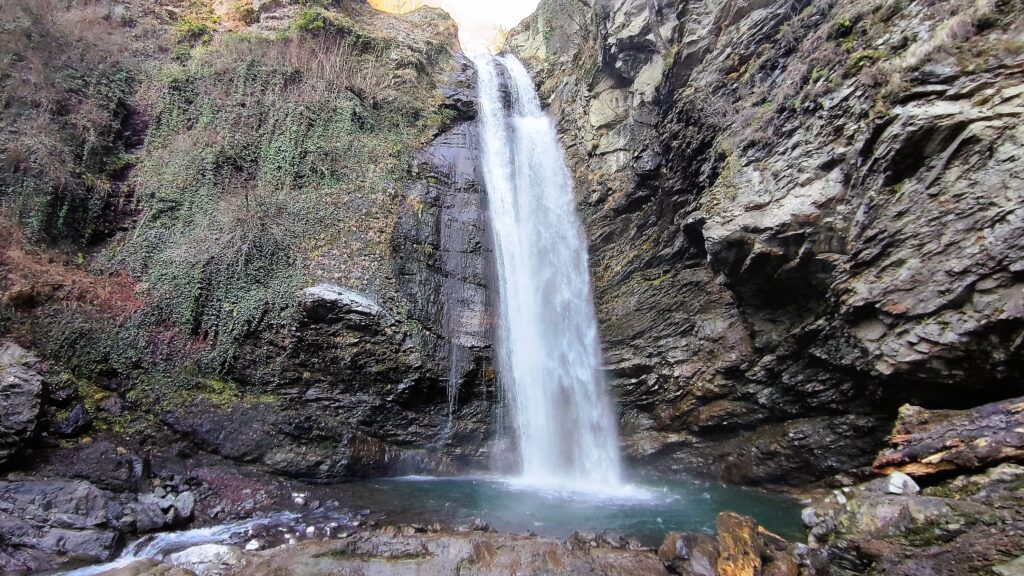
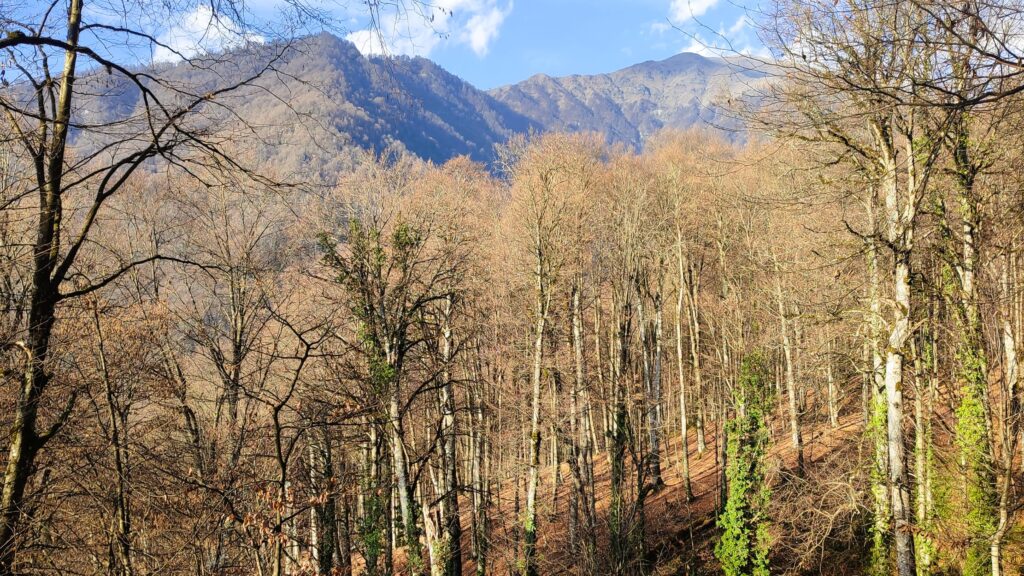
Although often promoted as a national park, Lagodekhi Protected Areas are actually a strict reserve of 180 km² and a managed reserve of 70 km². Nevertheless, regarding size, biodiversity and visitor infrastructure, it can easily compete with most national parks. Within a 12 km distance, the terrain rises from 500 m above sea level to 3500 m, transitioning from beech, oak or hornbeam forests to birch forests, then rhododendron bushes and eventually alpine meadows. Lagodekhi provides a safe haven for several endangered species, such as East Caucasian turs, Black grouse, Caucasian snowcock and Caucasian red deer.
Poaching is the biggest challenge
The challenges of Lagodekhi Protected Areas are also the same we heard across the country from national parks. Poaching is the leading problem, intensified by the rough and inaccessible terrain of Lagodekhi. Poaching in Georgia’s protected areas has increasingly alarmed conservationists over the last decade. Black grouse, snowcock, as well as chamois, Caucasian red deer and the East Caucasian tur are amongst the species that attract poachers the most.
And what is their motivation? We talked to conservationists all across Georgia, and they explained to us that nowadays, poachers hunt for fun, not for food. Instead, hunting is considered a masculine show of bravery. Poachers feel accomplished and proud for being able to kill majestic animals and hunting still has a strong tradition among men in rural parts of Georgia.
Lagodekhi’s rangers do everything in their power
But the administration of Lagodekhi Protected Areas is ready to put an end to this illegal activity. What makes Lagodekhi stand out is the determination of its director, Giorgi Sulamanidze, which has spread to his team of 20 rangers. The rangers of Lagodekhi do all they can to catch poachers and Giorgi supports every innovation that can help their effort.
Their efforts did not go unnoticed, and in March 2015, Giorgi discovered a hand grenade in his car along with a sign “WARNING. GO AWAY.” But this has not stopped them and over the last few years, Lagodekhi Protected Areas has been one of the most successful protected areas in Georgia in combating poaching. To learn more about where this determination comes from, we visited the administration of the protected areas, and met visitor specialist Zaza Tsodolishvili, who told us all about Lagodekhi.

Modern technology helps the rangers
Encouraged by the Caucasus Nature Fund (CNF), Giorgi decided to incorporate the SMART platform into the work of rangers to streamline data collection and analysis. Every sign of illegal human activity, even cigarette buds on the ground, are recorded to create a picture of what is going on in the reserve. Because there are no roads in the reserve, rangers patrol on horses, staying in the mountains overnight. They are supported by the border police that have two stations in the reserve. Even though their task is solely to protect the border, they care for this beautiful reserve and try to cooperate with the park rangers to stop all kinds of illegal activities.
Furthermore, the Caucasus Nature Fund has equipped Lagodekhi and other protected areas with equipment such as binoculars, camera traps and vehicles. In Lagodekhi, many hidden camera traps are placed on trails that poachers use. The cameras are checked every one or two weeks to catch poachers as quickly as possible. When the rangers see a poacher in the photos, they set up even more cameras to be able to identify the poacher better.
Fighting poachers through education
But rangers don’t only do detective work to catch poachers. Zaza tells us that communication and persistence are key. Rangers talk openly and regularly with locals, amongst them poachers, about the reserve and its benefits. They take every chance to explain the vulnerability of the natural ecosystem, while pointing out that hunting wildlife, which cannot protect itself, on horseback with binoculars and an automatic gun is not an act of bravery.
Some of the rangers also do educational activities in schools. Zaza explains that school children look up to rangers because they venture into the wild and know the tracks of all animals. Like detectives, they also know which tracks poachers leave, and often put their life on the line to stop these criminals. Many of these children have family members who are poachers, and being inspired by rangers, they might speak out against poaching at home. The employees of the administration also engage the local youth with a junior ranger project, where the kids are teamed up with rangers and learn all kinds of ranger activities, such as how a camera trap works.
Another way of decreasing poaching is providing a livelihood for locals that is based on keeping nature intact and rich in biodiversity. Since the visitor center of Lagodekhi Protected Areas was established in 2017, the number of guesthouses in the adjacent town of Lagodekhi has risen from 3 to 45. In 2019, 65.000 people visited Lagodekhi, which is a massive economic factor in this rural area of Georgia.
A five-star visitor experience
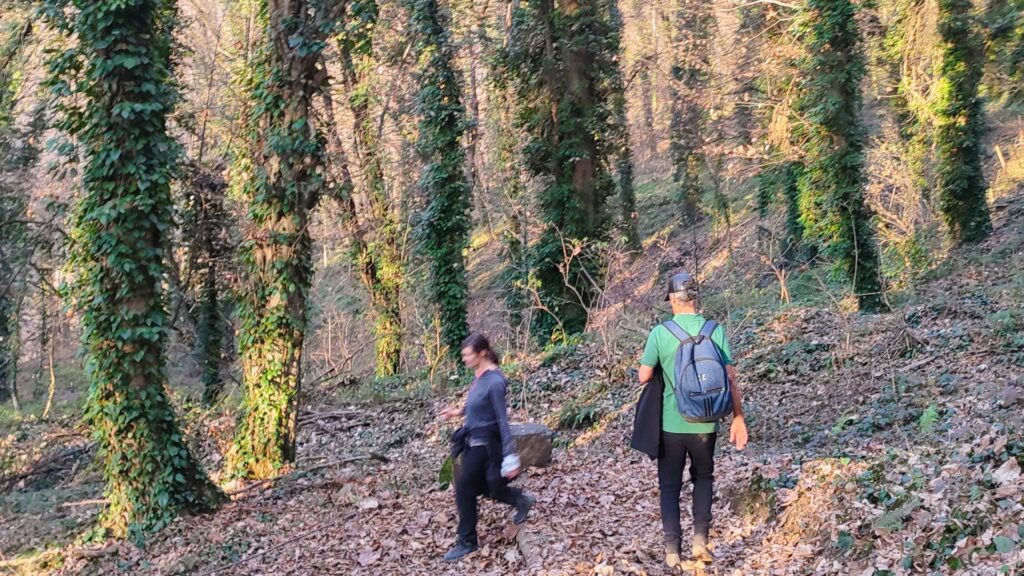
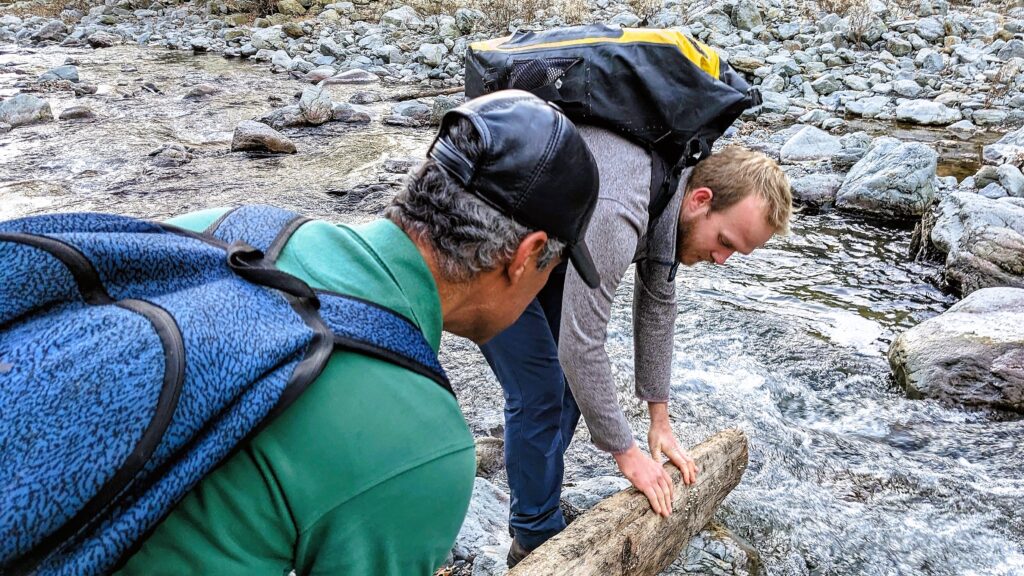
The highlight for visitors is the 3-day hiking trail called “Black Rock Lake” that leads you through all of these zones offering beautiful views. Apart from that, there are only 3 short hikes, which reinforces the role of the strict reserve to protect wild nature first and offer tourist attractions secondly. The administration rents out the horses that are currently not on ranger duty to visitors, who can do the Black Rock Lake trail or the short Machi Fortress trail on horseback.
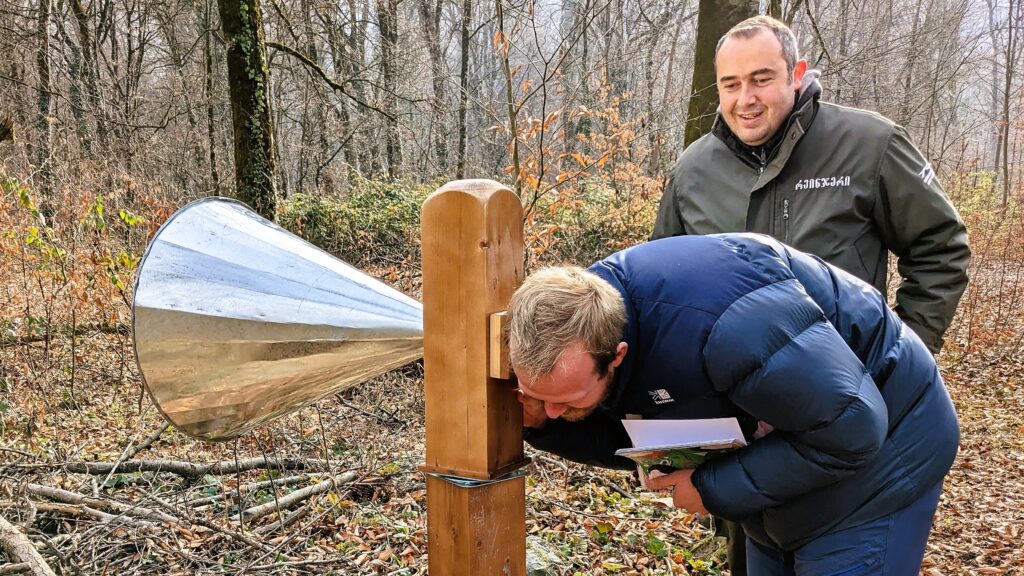
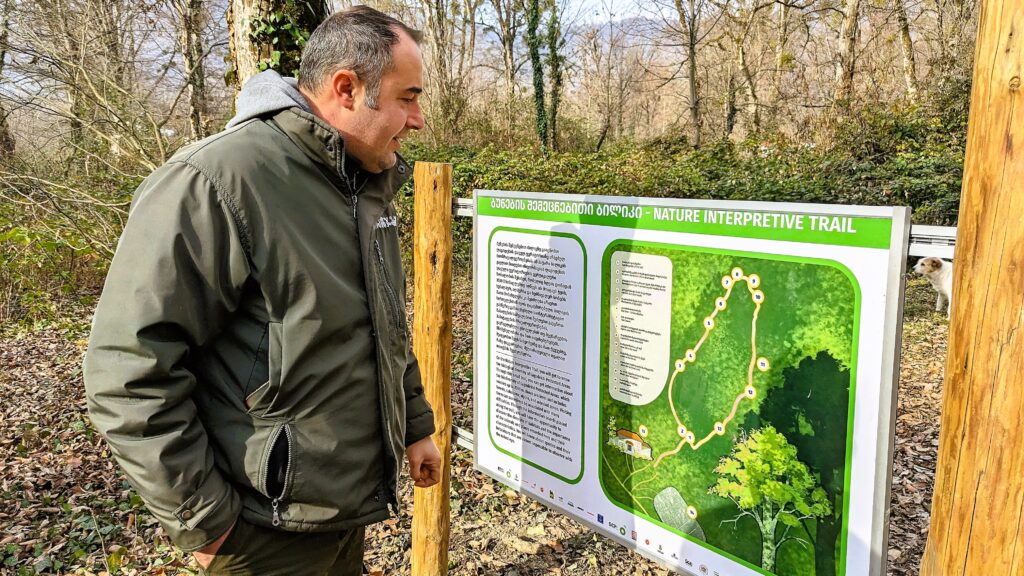
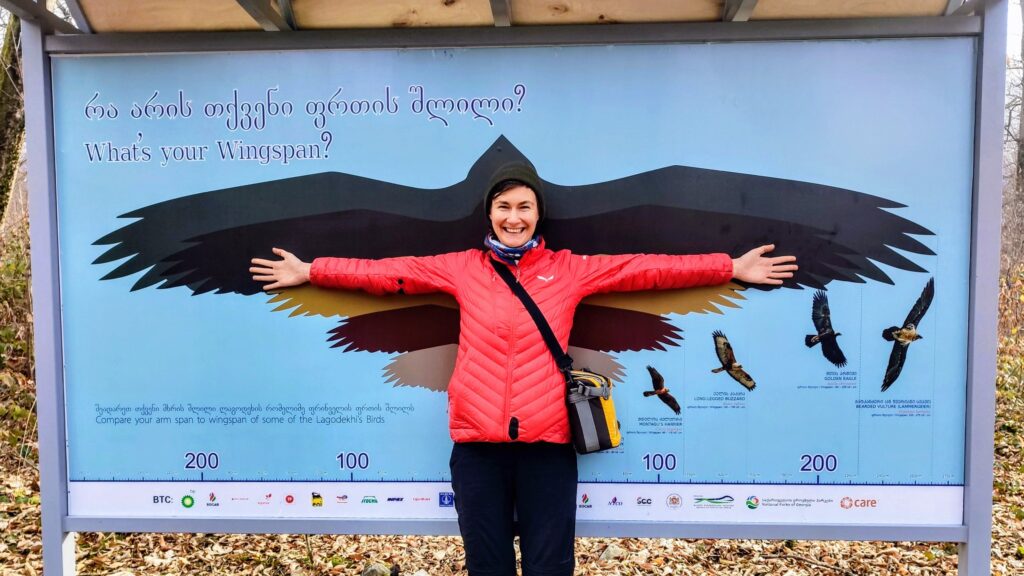
During our visit, we could also get a first look at their newest project: an educational trail for youth groups and visitors with limited time. It is located next to the visitor center, where every visitor must register. The center’s exhibition and the trail are well made and informative, and Zaza is the best guide we could ask for. Rarely have we met someone who cares so much for every visitor. He does not only provide excellent information, he is also happy to organize accommodation, a horse guide or anything else you need. His dedication is exceptional and we have never encountered any visitor specialist who puts so much effort into his job.
The visitor is king
“For me, visitors are like family. I give them my phone number and I am available at any time. In nature, anything can happen and as the visitor specialist, I find it important to know that our visitors are well. There have been occasions where hikers took longer than expected to finish their hike and did not inform me or their guest house. In such situations, the guest house owners contact me and we sometimes wait together at the visitor center until 21:00 for the hikers to arrive. Sometimes their phone battery dies, which can always happen . So we greet them warmly and I am relieved to know that my visitors had a good and safe time. I have also accompanied injured hikers to the doctor to translate for them.
Zaza Tsodolishvili, Visitor specialist
Lagodekhi might not officially be a national park, but it is in no way inferior to one. The small number of trails keep biodiversity intact and preserve Lagodekhi’s pristine character for future visitors. Zaza is genuinely the most passionate visitor specialist we ever met. But what inspired us the most is the drive of Lagodekhi´s director and rangers to end poaching and protect the animals of Lagodekhi. Poaching is a complex topic to resolve, but educating rangers and locals, modern technology and equipment, as well as forming a good relationship with the local community are key.

